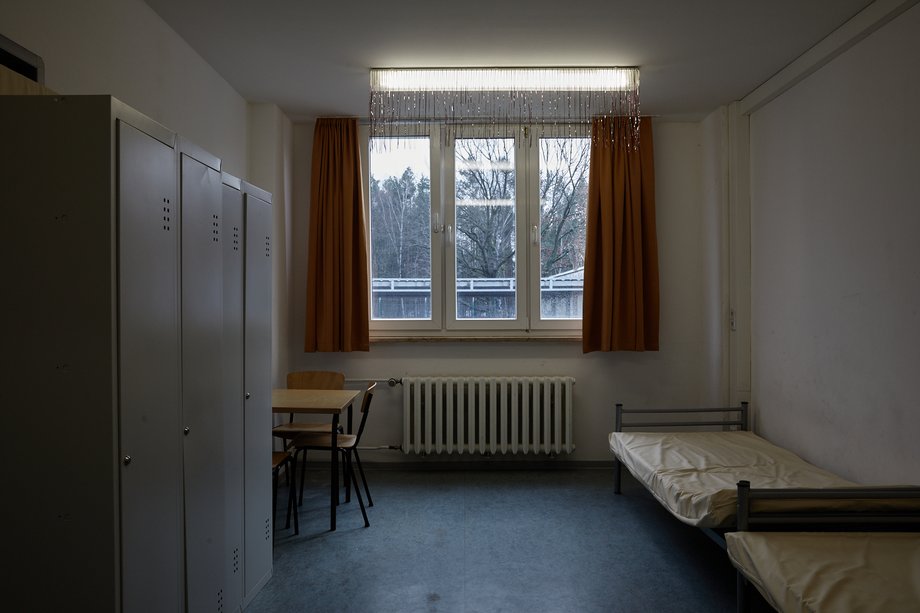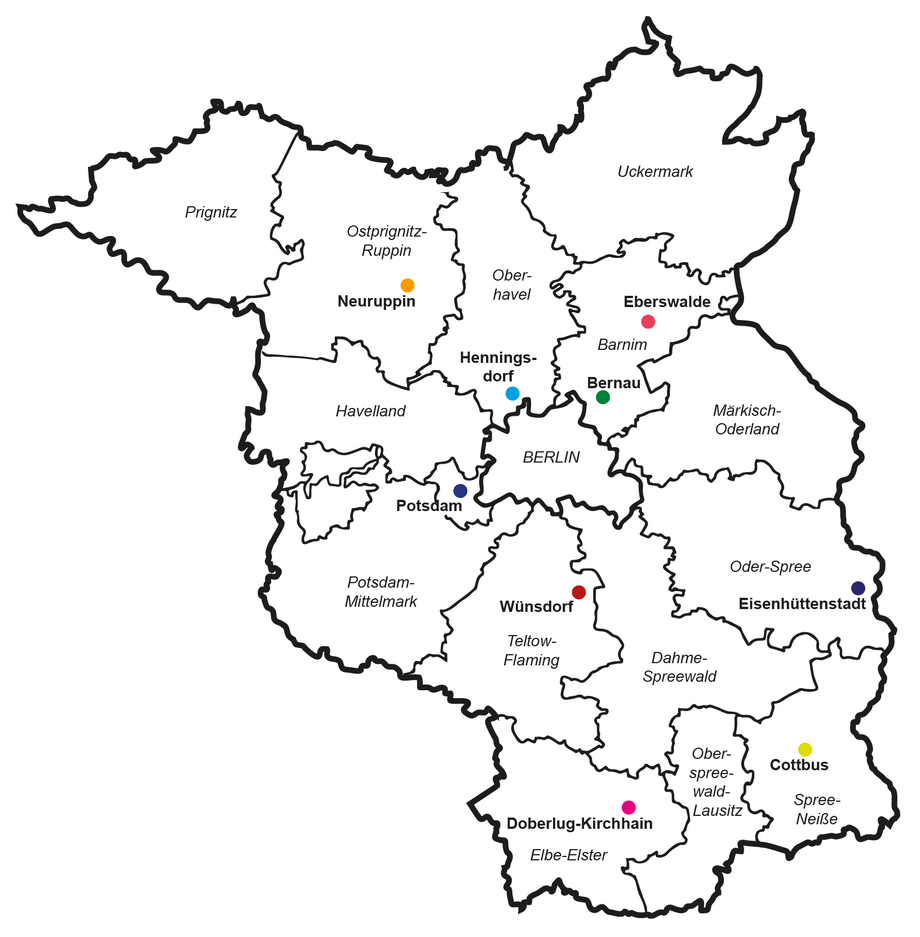Improving reception conditions for persons seeking protection, persons entitled to protection and persons temporarily entitled to protection in Brandenburg (VASiB)

Project duration: 31.12.2022 - 30.12.2025
Project collaboration: Lotta Schwedler
Initial situation
Asylum seekers in Brandenburg generally live in shared accommodation with few private retreats. Social, political and bureaucratic hurdles make it difficult for them to move into their own homes.
However, private living space is an important factor for arriving locally. Having your own home can contribute to psychosocial stabilization; social participation can develop. This is where the nationwide joint project VASiB comes in.

Cooperation to improve accommodation and living conditions for refugees
As part of the VASiB project, the following stakeholders have joined forces to form the "Cooperation for Refugees in Brandenburg " (KFB) network:
- KommMit- PSZ
- Evangelical church district of Oberes Havelland
- Hoffnungstaler Foundation Lobetal
- ESTAruppin
- Wittstock-Ruppin church district
- The chair "Sociology for Social Work" at the BTU Cottbus-Senftenberg
- Brandenburg Refugee Council
The locations of the cooperation partners can be found on the map.
The following measures are implemented in the project:
- Support for individual housing
- Development of regional structures to create more suitable housing
- Testing and model establishment of an "independent housing complaints office"
- Raising awareness of housing rights for refugees
- Strengthening regional and state-wide networking and lobbying
- Concept development and implementation of suitable forms of housing for refugees with severe mental health issues
- Scientific monitoring, publication and discussion of project findings
Funding body
